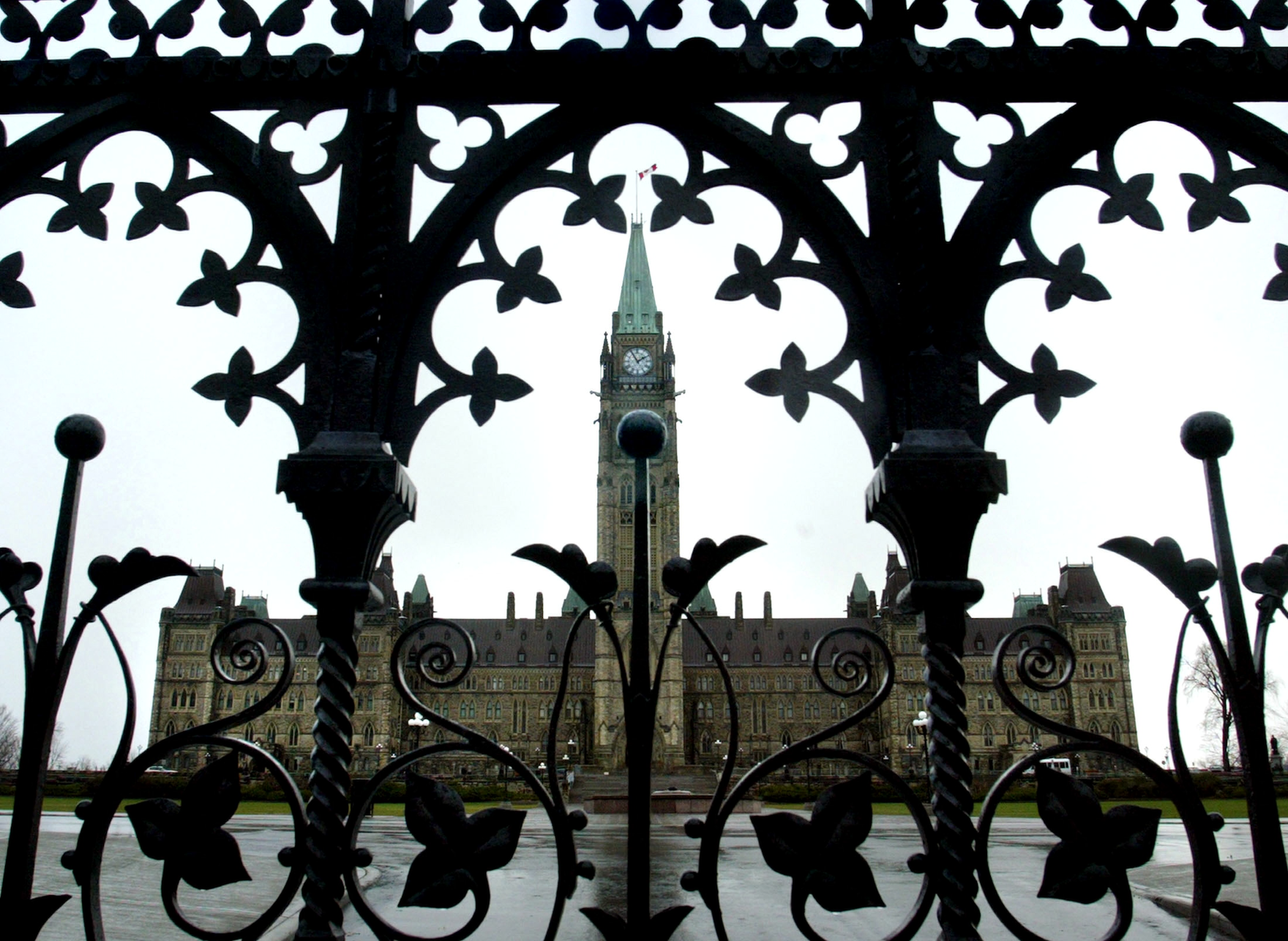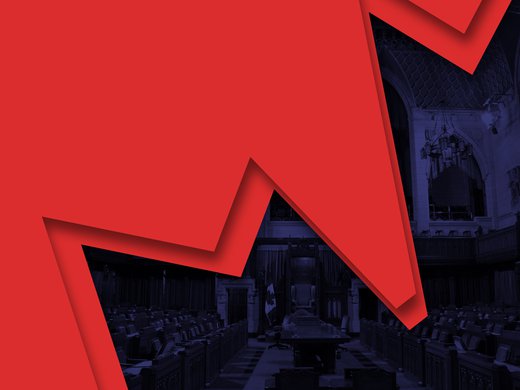The effort to ensure that Parliament can exercise its authority to hold the government to account on vital national security and intelligence issues is of long standing. Recent efforts began with an all-party report issued in 2005 and were kept alive by private members bills in 2013 and 2014, and a combined Liberal and Conservative motion that emerged from the Senate in 2015, spearheaded by Hugh Segal, Romeo Dallaire and Grant Mitchell.
Finally, the government created, through statute in 2017, the very first security-cleared committee of parliamentarians with a strong mandate to have access to classified material necessary to provide meaningful review of national security. The model for the Canadian creation was the United Kingdom’s Intelligence and Security Committee. The power of the committee was not absolute, as the executive branch could demand redactions before reports were made public to protect sensitive material relating to national security, defence and international relations, surely a necessary restriction if not abused.
Many experts lauded the creation of the National Security and Intelligence Committee of Parliamentarians (NSICOP), believing that it allowed Canada to finally catch up to its key security allies in making national security accountability a parliamentary reality.
Since 2017, NSICOP has done some excellent work, including a ground-breaking study of diversity and inclusion in the national security and intelligence community; a hard-hitting report on intelligence priorities; and a study of defence intelligence, which strongly urged that it must have a legislative foundation to ensure protection of Canadians’ rights. Throughout its short life, NSICOP has proven that it can act in a non-partisan manner, leaving party politics at the door of its deliberations.
Fast forward to the present. The NSICOP experiment is now in grave danger and the clock could easily be set back to extinguish hopes for a permanent parliamentary capacity to truly review the most sensitive operations of the state. This, at a time when parliamentary accountability has never been more urgently needed.
The story of how Parliament marched to this precipice is complex. At its heart is a demand by opposition parties in 2021, backed by a ruling from the Speaker of the House of Commons, that the government produce all records, including ones covered by national security confidentiality, related to potential security breaches at Canada’s most important biological research facility, the National Microbiology Lab (NML), based in Winnipeg. Two leading scientists at the NML, Dr. Xiangguo Qiu and Dr. Keding Cheng, had their security clearances revoked and their employment terminated in 2019. Opposition parties understandably wanted to know what was behind this; the RCMP was investigating but no answers were on offer from the Liberal government. Official secrecy was overplayed by the government, which got opposition parties’ backs up and fed concerns about a cover-up.
Questions had also arisen about the circumstances in which samples of Ebola and Henipah viruses were transferred to the Wuhan Institute of Virology in China, which has itself come under the spotlight by those who believe that COVID-19 might have been the result of a lab leak, a theory pressed by officials in the former Trump administration. The issue of potential security breaches at the top lab in Canada researching the world’s most dangerous viruses, is a serious one. It also intersects with hot-button concerns about China’s actions and potential Chinese espionage.
The government refused to release to the special committee on Canada-China relations a subset of records regarding the Winnipeg lab problem that they stated contained sensitive material bearing on national security. Things went downhill fast from there, with partisan tempers fully engaged. Opposition parties refused to allow the matter to be studied and reported on by NSICOP — distrusting its ability to be free of control by the executive. The Conservative Party went so far as to withdraw its members from the committee, bringing the work of NSICOP to a standstill. Iain Stewart, the then president of the Public Health Agency of Canada, which administers the NML, was dragged before the House of Commons to be admonished — a shocking spectacle, not least because it was not in his power to release the records that the Commons was demanding. The government took the unprecedented step of bringing the dispute to the Federal Court. Then all went quiet during the federal election.
But with the return of a minority government, the Conservatives are again demanding the release of all records in the case. They continue to withhold their members from NSICOP and have twice rejected a compromise proposal by the Liberal House leader, Mark Holland, to set up a small ad hoc committee of parliamentarians, with representation from each party, who would have access to sensitive records with conditions to protect security. This proposed ad hoc committee was likened by the Liberals to the one supported, at least for a time, by the Harper Conservative government as an instrument to review sensitive records regarding the Canadian military treatment of Afghan detainees during the course of our military mission in that country.
The Conservative Party continues to insist on the right of parliamentarians to have final say over the records they can see and discuss in public, no matter the implications for Canada’s ability to protect its secrets or those shared with us by our allies. Much could be at stake were such records released in public: the core intelligence capabilities of our country; the sources and methods used by our national security agencies; highly classified reporting on China; and, of course, our trustworthiness as an intelligence ally.
The Liberal proposal has real merit as a temporary solution to the current parliamentary impasse. The signs are that the government may still go ahead with the proposed ad hoc committee, despite the Conservatives’ rejection of the scheme, if the New Democratic Party and Bloc Québécois sign on to the conditions in a proposed memorandum of understanding currently being drafted. But would this really be a good solution? The cool-headed answer, we hope, is no.
All parties must find an agreed way to quickly step back from the precipice and restore Parliament’s ability to independently scrutinize national security matters. This will take a willingness to compromise, but also to understand and focus on the larger issues at stake.
The key compromise that is needed is a restoration of the functioning of NSICOP, which proved before the Winnipeg lab controversy blew up that it could function in a non-partisan manner even in a minority government setting. The Conservatives should send their members back to work, but only if the Liberals promise to open the five-year statutory review of the NSICOP legislation on time (July 2022), move at speed on it, and commit to making important changes to strengthen the committee’s independence and restore Parliament’s confidence in a body that took such long struggle to bring into being.
Alongside this, a one-time compromise to allow an ad hoc committee to study the records of the NML case and report to Parliament, with suitable protections for legitimate secrets, is a must. That Winnipeg lab security issue needs to be addressed quickly and in a responsible way so that Parliament can move on.
Only against such a backdrop of compromise does the special committee recently established to study the Afghanistan situation, the crushing Taliban takeover, and the need to rescue and settle vulnerable Afghans in Canada, have any chance of success. The special committee, which is set to begin its work when Parliament resumes sitting at the end of January, could choose to ask a restored NSICOP to study aspects of these issues involving sensitive national security records and avoid a repeat of the current parliamentary impasse.
The larger issue is one of parliamentary attention to the changing reality of national security challenges facing Canada. The new threat environment includes climate change impacts, current and future pandemics, growing economic insecurity, foreign interference, disruptive technological change and an unstable international system challenged by China and Russia.
Parliamentarians of all political stripes in both chambers have an important role to play in ensuring Canada has the laws, resources, capabilities and policies to meet this new environment. This requires efforts to find common ground among different political parties, in the national interest and to ensure that national security does not become a contested arena for political gain or lend itself to overheated conspiracy theories. While politics cannot be taken out of this equation, scandal seeking and grandstanding hopefully can.
A public accounting of what went wrong at the Winnipeg lab is necessary and urgent, not least as part of a broader effort to ensure that Canada is better prepared for future pandemics and biologic threats. If it takes a one-time ad hoc committee to achieve this, fine. Yes, Parliament needs to assert itself as an established and trusted scrutineer of the executive’s handling of national security. The right way to do this is to focus on the bigger picture, respect the fact that there are secrets that must be protected and let NSICOP get back to work with an understanding that it must be strengthened.
This article first appeared on iPolitics.



